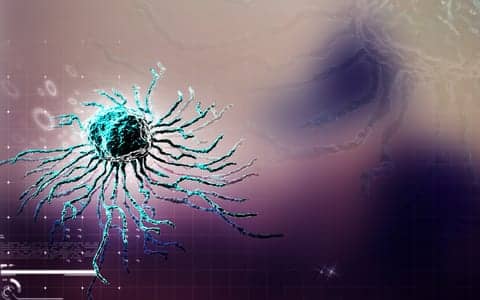According to Medical Xpress, a sleep deficit of just 4 hours can effect stem cells of the blood and immune system and reduce the efficiency of transplants.
Drowsy mice make poor stem cell donors, according to a new study by researchers at the Stanford University School of Medicine.
A sleep deficit of just four hours affects by as much as 50 percent the ability of stem cells of the blood and immune system to migrate to the proper spots in the bone marrow of recipient mice and churn out the cell types necessary to reconstitute a damaged immune system, the researchers found.
Although the research was done in laboratory mice, the findings have possible implications for human stem cell transplants. Tens of thousands of these procedures, often referred to as bone marrow transplants but more properly called hematopoietic stem cell transplants, are performed each year to rescue patients with immune system disorders or cancers.
“Considering how little attention we typically pay to sleep in the hospital setting, this finding is troubling,” said Asya Rolls, PhD, a former postdoctoral scholar at Stanford. “We go to all this trouble to find a matching donor, but this research suggests that if the donor is not well-rested it can impact the outcome of the transplantation. However, it’s heartening to think that this is not an insurmountable obstacle; a short period of recovery sleep before transplant can restore the donor’s cells’ ability to function normally.”



